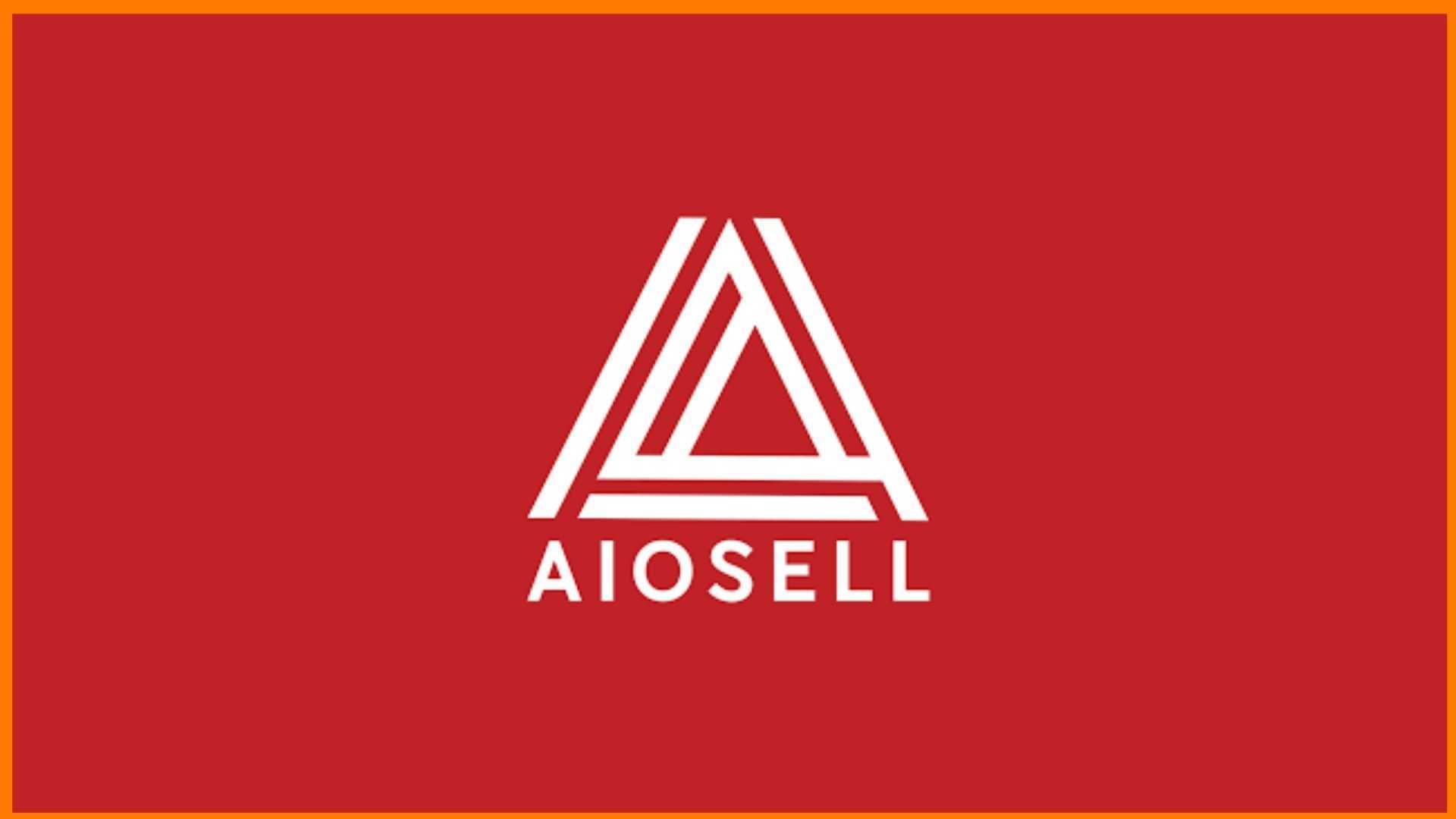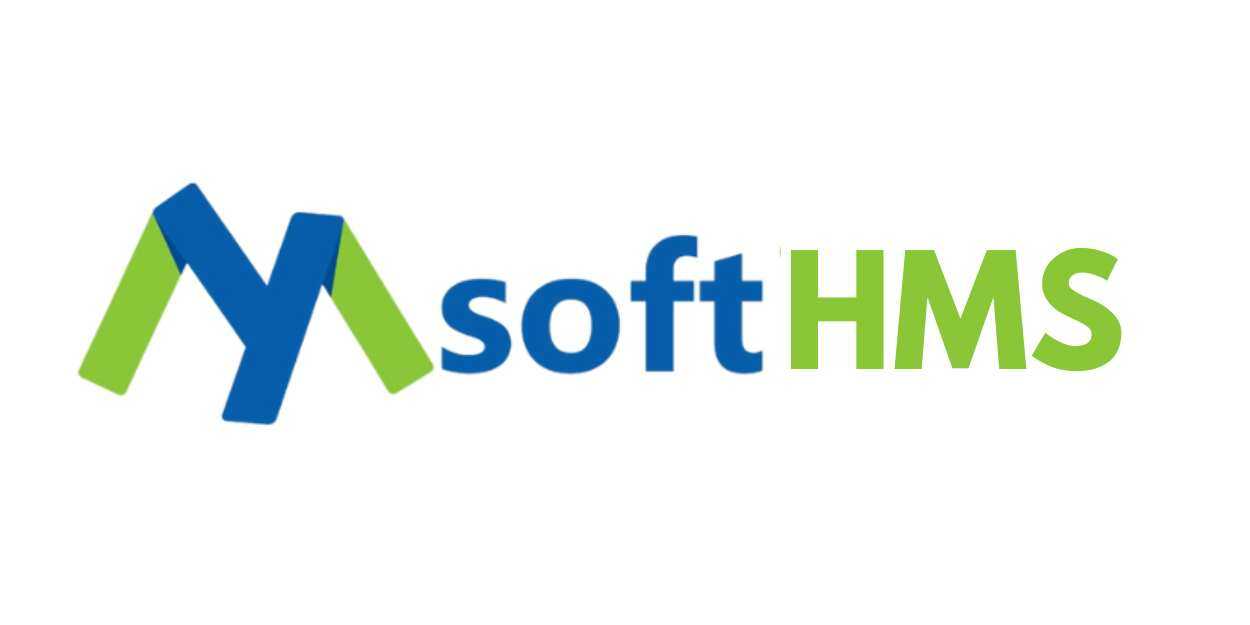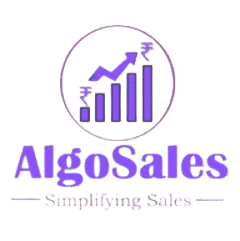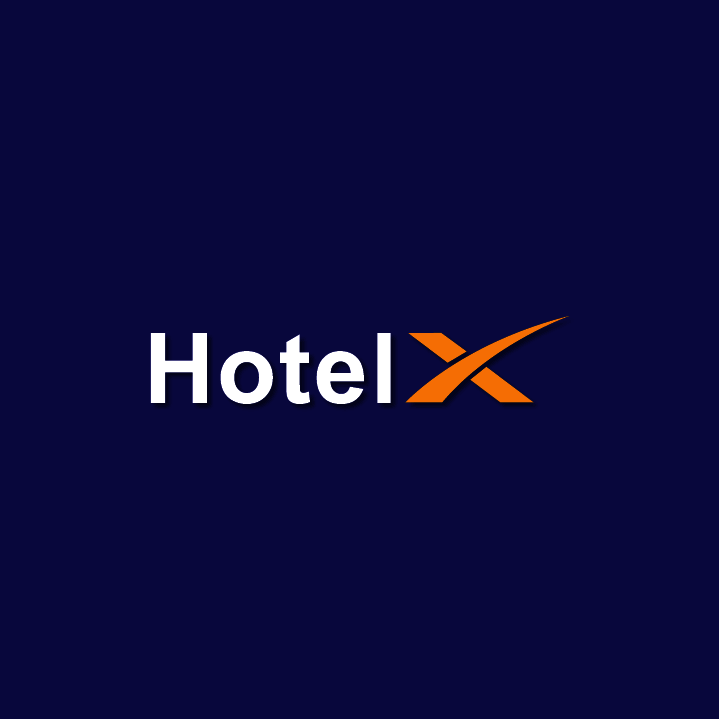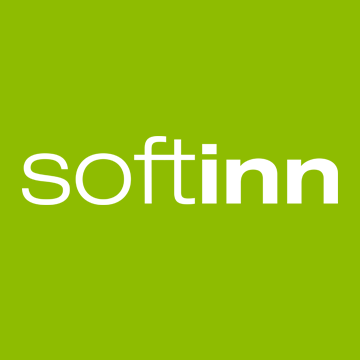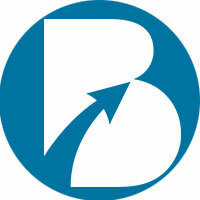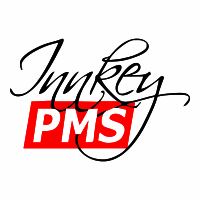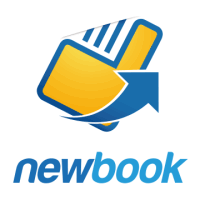What Is Hotel Property Management System?
Hotel Property Management System is a complete software solution that enables hotel owners and managers to streamline all parts of their property operations. It provides a consolidated platform for managing reservations, guest information, billing and invoicing, housekeeping, inventory, and other critical operations. This sophisticated technology seeks to increase the efficiency and profitability of hotel operations while providing a great guest experience.
A Hotel Property Management System (PMS) automates and organizes a hotel's day-to-day activities, such as front desk management, room assignment, rate management, and guest communication. It enables hotels to easily manage several properties and room kinds, track room availability and bookings, and handle check-ins and outs.
One of the most important aspects of a hotel PMS is its reservation management system, which allows hotels to take direct bookings through their website and other online channels such as OTAs (online travel agencies). With real-time availability and pricing information, customers can easily reserve their preferred room type and dates, eliminating the need for manual reservations. In addition to reservation administration, a Hotel Property administration System provides sophisticated reporting and analytics capabilities, giving hoteliers important insights into their business performance.
This includes indicators like occupancy rates, revenue, and customer feedback, which can help you make informed decisions to increase profitability. Another key feature of a PMS is its ability to integrate with a variety of third-party systems and services, including payment processors, accounting software, and online reputation management tools. This interface enables a smooth flow of data, lowering the chance of errors and saving crucial time for hotel employees.
What Are The Recent Trends In Hotel Property Management System?
The hospitality business is always changing, and one area that has seen substantial progress in recent years is hotel property management systems (PMS). This software has become an essential tool for hoteliers in managing their operations and providing a consistent guest experience. To make an informed purchasing selection, buyers must stay current on the latest PMS trends.
We will look at recent advancements in hotel property management systems and how you may choose the best one for your business.
1. Cloud-Based Solutions: One of the most significant changes in the PMS market is the transition to cloud-based systems. These systems store data on remote servers, which may be accessed from anywhere with an internet connection. This implies that hoteliers can manage their properties from anywhere, allowing for greater flexibility and real-time analytics.
2. Mobile Integration: With the proliferation of smartphones, guests demand a smooth mobile experience from booking to checkout. As a response, PMS providers have begun to offer mobile apps that allow visitors to manage their reservations, check-in, and check-out from their cellphones. This not only improves the guest experience, but also streamlines hotel operations.
3. Integration Of Third-Party Platforms: Hotels now use a variety of technology to manage their operations, including revenue management, housekeeping, and guest feedback. To ensure a smooth flow of information, PMS systems are now interfacing with third-party platforms. This gives hotels a comprehensive perspective of their property operations in one spot.
4. AI And ML: AI and machine learning are altering how hoteliers manage their properties. PMS systems that use AI and ML can evaluate massive volumes of data, such as guest preferences and booking patterns, to make smart decisions. This can help hotels personalize the guest experience, optimize pricing tactics, and increase operational efficiency.
5. Contactless Solutions: The COVID-19 epidemic has hastened the deployment of contactless technology in the hospitality industry. PMS companies now provide touchless solutions for check-in, check-out, payments, and other hotel functions. These contactless systems improve both guest safety and operational efficiency by decreasing contact points.
Benefits Of Using Hotel Property Management System
A Hotel Property administration System (HPMS) is software that streamlines and automates hotel operations such as reservation administration, front desk operations, housekeeping, billing and invoicing, and more. It is a must-have tool for hotel owners and managers that want to manage their properties efficiently and deliver a smooth experience for their guests.
Here are some significant advantages of investing in a Hotel Property Management System:
1. Centralized Reservation Management: A Hotel PMS enables you to handle all of your reservations in one place, eliminating the need for manual entry and preventing multiple bookings. It provides real-time room availability and allows you to conveniently track and handle reservations, cancellations, revisions, and no-shows.
2. Streamlined Check-In And Check-Out: The days of long lines and paperwork at check-in and check-out are over. Hotel PMS allows guests to finish the process online, minimizing wait times and increasing guest satisfaction. The system also saves all of the relevant guest information, making it simple to access and utilize for future stays.
3. Efficient Cleaning: A PMS gives cleaning workers fast access to room status, special requests, and guest preferences, allowing them to prioritize jobs and provide prompt, tailored service. It also enables easy collaboration and communication between cleaning and the front desk, resulting in a smooth process.
4. Automated Invoicing And Billing: A PMS streamlines the billing and invoicing procedures, generating accurate bills and tracking payments. It removes the need for manual computations and decreases the likelihood of errors, saving time and money for hotel employees. It also allows guests to check out fast and easily by receiving an electronic copy of their bill.
5. Complete Data: A Hotel PMS provides complete data on all elements of hotel operations, including occupancy rates, revenue, sales channels, and more. This data enables hotel owners and managers to make more educated decisions, discover areas for improvement, and prepare for the future.
6. Integration With Third-Party Systems: An advanced hotel PMS works with various third-party systems including channel managers, revenue management, and internet booking engines. This integration eliminates the need for manual updates while ensuring accurate and consistent information across all platforms.
Important Factors To Consider While Purchasing Hotel Property Management System?
When looking to purchase a Hotel Property Management System (PMS), there are several key factors that should be considered to ensure you make the best decision for your business.
Here are some important factors to keep in mind while purchasing a Hotel PMS:
1. System Features And Functionality: The first and most crucial factor to consider is the features and functionality of the PMS. It should have all the necessary features to manage your hotel operations smoothly, such as reservation management, guest profiles, housekeeping, billing, and reporting. It should also have integrations with other systems such as accounting and channel management.
2. User-Friendliness: A PMS should be user-friendly and easy to navigate for both staff and guests. Consider the interface and design, as well as the ease of use when selecting a PMS. A complicated system can lead to errors and delays in operations, resulting in dissatisfied guests.
3. Scalability: As your business grows, your PMS should also be able to grow with it. It is essential to choose a PMS that is scalable and can accommodate your future needs. This will save you the trouble of switching to a new system in the future.
4. Integration Abilities: A good PMS should have the ability to integrate with other software and systems used in your hotel, such as accounting and CRM. This will ensure smooth data flow and efficient operations.
5. Cloud-Based vs. On-Premise: Another crucial factor to consider is the deployment model of the PMS. Cloud-based PMSs are becoming increasingly popular due to their accessibility and low costs. However, if you prefer to have complete control over your data, an on-premise PMS may be a better choice.
6. Customer Support: A reliable customer support system is vital when it comes to a PMS. Ensure that the provider offers 24/7 support and has a good reputation for resolving issues quickly.
7. Security And Data Protection: Hotels handle sensitive guest information, and it is crucial to ensure that your PMS is secure and complies with data protection regulations. Consider the provider's security measures, such as data encryption and regular backups.
8. Pricing And Return On Investment: Lastly, consider the pricing and return on investment (ROI) of the PMS. While it may be tempting to opt for a cheaper option, it is crucial to analyze the features and benefits of the PMS and calculate the potential ROI before making a decision.
What Are The Key Features To Look For In Hotel Property Management System?
A Hotel Property Management System (PMS) is an essential tool for any hotel owner or manager to effectively manage and operate their establishment. However, with so many options available on the market, it can be difficult to choose which PMS is best for your hotel.
To make an informed decision, here are some crucial elements to look for in a Hotel PMS:
1. Real-Time Room Availability: The PMS should be able to display real-time room availability through all distribution channels. This function ensures that your guests do not face any booking anomalies and allows you to maximize your occupancy.
2. Centralised Reservation Administration: Effective reservation administration is critical for every hotel. Look for a PMS that lets you manage bookings from a single dashboard, making it easy to check availability, make changes, and view reservations across several channels.
3. Customizable Rate And Inventory Management: Each hotel has a unique set of room types, rates, and inventory. A decent PMS should provide adjustable options to help you manage your prices and inventory based on seasonality, demand, and other variables.
4. Integrated Channel Manager: Hotels no longer rely on a single distribution channel. Look for a PMS that includes an integrated channel manager, which will allow you to handle all of your online distribution channels smoothly.
5. Automated Housekeeping And Maintenance: Housekeeping and maintenance are critical components in giving a positive guest experience. Choose a PMS that automates cleaning and maintenance duties, allowing for easy communication between departments and prompt responses to guest demands.
6. Robust Reporting And Analytics: Insightful data is critical for making strategic decisions for your business. The PMS should provide strong reporting and analytical capabilities for tracking occupancy, revenue, guest preferences, and other important variables.
7. Mobile Access: In today's fast-paced world, you must be able to access your hotel's data while on the go. A mobile-compatible property management system (PMS) will allow you to manage your property from anywhere, anytime.
8. Secure And Scalable: Data security is critical to any hotel business. Make sure the PMS you chose adheres to the most recent security requirements and is expandable to meet your hotel's future expansion needs.
9. 24/7 Support: Having 24/7 customer support from the PMS provider can come in handy if you have any problems or questions. Look for a PMS that provides 24-hour support to guarantee that your hotel's operations run smoothly.
Why Do Businesses Need Hotel Property Management System?
A hotel property management system (PMS) is a comprehensive software solution created exclusively for the hospitality industry to help streamline operations and improve overall business performance. It combines all parts of hotel management, such as reservations, front desk, housekeeping, invoicing, and reporting, into a single consolidated platform. The importance of a project management system (PMS) in today's competitive hospitality industry cannot be stressed enough.
Here are some important reasons why businesses want a hotel PMS:
1. Streamline Operations: A property management system (PMS) automates core hotel operations by reducing manual duties and simplifying processes. This not only increases efficiency and productivity, but it also lowers the possibility of human error, resulting in improved guest experiences.
2. Centralized Data Management: A property management system (PMS) stores all hotel data in a single database, including guest profiles, room availability, pricing, and billing. This allows managers to access real-time data and make informed decisions more rapidly, resulting in better resource allocation and revenue management.
3. Increased Revenue: A PMS includes revenue management tools and analytics that can assist owners and managers optimize pricing strategies, increase direct bookings, and uncover new income opportunities. This leads to increased profitability and better financial performance.
4. Improved Guest Experience: A PMS provides a variety of guest management tools, including online reservations, pre-arrival concierge services, and mobile check-in/check-out. These elements not only adapt to modern traveler expectations, but they also improve the whole visitor experience, resulting in increased satisfaction and loyalty.
5. Seamless Integration: A PMS can be integrated with other hotel systems such as point-of-sale, accounting, and CRM to ensure a smooth flow of data and eliminate the need for human data entry. This integration improves data accuracy and efficiency throughout all hotel operations.
6. Real-Time Reporting: A PMS allows hotel owners and managers to see real-time statistics on important performance indicators including occupancy, ADR, and RevPAR. This enables them to make data-driven decisions that improve business performance and position them ahead of the competition.
How Much Time Is Required To Implement Hotel Property Management System?
The time required to build a Hotel Property Management System (HPMS) varies depending on numerous factors, including property size, system complexity, and vendor implementation process. On average, the implementation procedure can last from a few weeks to several months. Before beginning implementation, the first step is to assess the property's requirements and select the appropriate HPMS solution.
This procedure can take some time because it requires investigating and evaluating various providers, their features, and pricing alternatives. Once the system has been selected, the vendor will perform a consultation to determine the property's exact needs. This stage might take anything from a few days to several weeks, depending on the complexity of the property's requirements. Following the consultation, the vendor will begin setting up the system, which could take anywhere from a few days to a few weeks depending on the intricacy of the property's activities.
The setup process comprises setting the system to meet the property's specific requirements, importing data from the old system, and teaching the personnel on how to use it. The next phase is to test and fine-tune the system to ensure it fulfills the property's needs and integrates seamlessly with current operations. This process can take several weeks to a month, depending on the size of the property and the complexity of its activities.
What Is The Level Of Customization Available In Hotel Property Management System?
When choosing a Hotel Property Management System (PMS), one critical element to consider is the level of customisation available. This refers to the capacity to customize the system to meet your individual needs and preferences, resulting in a more personalized and efficient tool for managing your hotel operations. Different PMS companies offer varying levels of customisation.
Some may provide limited customizing choices, but others may provide a considerable degree of versatility. At the most basic level, a PMS may allow you to customize your user interface by adding your hotel's logo and branding, selecting color palettes, and configuring the system's structure to your liking. Moving up the customization ladder, you may also be able to add or delete certain features and modules to meet your individual business requirements.
For example, if your hotel provides spa services, you would wish to incorporate a spa management module into your PMS. Another degree of customization is the ability to change system settings and workflows. This covers capabilities like setting hotel prices, providing custom reports, and configuring various user roles and permissions in the system.
Some advanced PMS suppliers may additionally feature API integration, which allows for extensive customisation by allowing the system to communicate with other applications and technologies that your hotel may be employing. Finally, the extent of customisation in a PMS is determined by the vendor and the options offered. Before making a decision, you should thoroughly assess your hotel's individual requirements and compare them to the customization options provided by various PMS suppliers. A highly configurable PMS can significantly improve your hotel's operations and the overall visitor experience.
Which Industries Can Benefit The Most From Hotel Property Management System?
A Hotel Property Management System (PMS) is a software solution that enables hoteliers to manage their everyday operations and guest services. It is a critical tool for streamlining operations while increasing overall efficiency and profitability.
While there are various benefits to using a PMS, certain sectors may profit even more from its deployment.
1. Hospitality Industry: It goes without saying that a hotel property management system benefits the hospitality business the most. The system assists with reservations, front desk operations, guest check-ins and check-outs, inventory management, and billing. Hotels using a PMS may provide a smooth and seamless guest experience, resulting in improved visitor satisfaction and income.
2. Event Management Industry: Hotels frequently organize events such as conferences, weddings, and parties, which necessitates effective management of room reservations, event space allocation, and guest services. A PMS can assist event planners and hotel staff collaborate effortlessly, resulting in a faultless event experience for guests.
3. Vacation Rental Industry: The rise of platforms such as Airbnb has contributed to the expansion of the vacation rental industry. Property owners that rent out their homes or apartments might benefit from a property management system (PMS) that streamlines calendar management, guest contact, and online booking. It also facilitates the management of various units and assets.
4. Travel Industry: A PMS can help travel agencies, tour operators, and travel management businesses handle hotel reservations for their customers. This allows them to deliver a more comprehensive service while saving time and effort for both the agency and its customers.
5. Restaurant Industry: Many larger hotels operate their own restaurants, which can also be controlled using a PMS. It can assist with table reservations, menu administration, and integrated invoicing for lodging expenses. This makes it easier to manage hotel and restaurant operations through a single system.
Conclusion
Finally, investing in a hotel property management system can provide significant benefits to hotel owners and operators. It may improve guest experiences, streamline operations, and boost overall efficiency and profitability. When selecting a system, evaluate pricing, features, integration capabilities, and customer support. Additionally, ensure that the system is compatible with your property's specific demands and processes.
Finally, choosing the best hotel property management system can result in higher guest happiness, increased income, and a more profitable hotel business. With increased competition in the hospitality business, having a robust and dependable management system is critical to success. We hope this buyer's guide provided you with useful insights and information to help you make an informed decision about your property.






